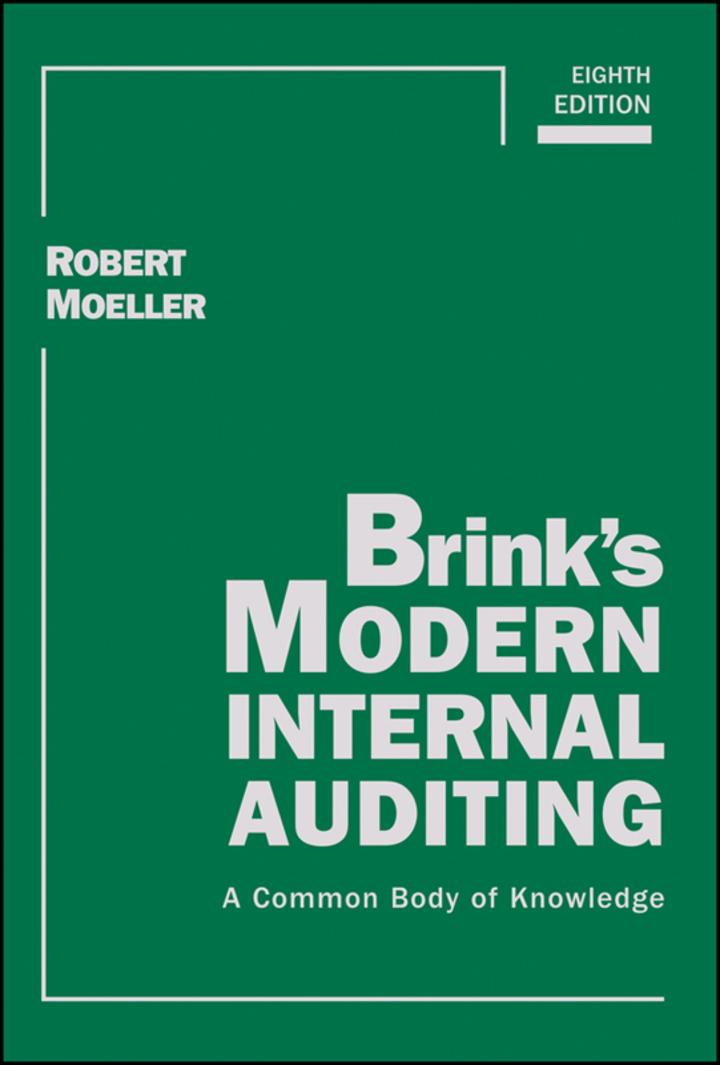Question
A WRITE-OFF BY A COMPANY frequently means that the value of the companys assets has declined. In November 2007, for example, General Motors (GM) announced
A WRITE-OFF BY A COMPANY frequently means that the value of the companys assets has declined. In November 2007, for example, General Motors (GM) announced that it would take a write-off of about $39 billion, meaning that it was reducing net income for the third quarter of the year by that amount. GM took the charge because of deferred tax credits that the company was not going to be able to use. What made GMs write-off so unusual is that the total value of the companys stock at the time was slightly less than $20 billion. In other words, the writeoff was about twice the value of the companys stock! GMs write-off was a big one, but not a record. Possibly the largest write-offs in history were done by the media company Time Warner, which took a charge of $45.5 billion in the fourth quarter of 2002. This enormous write-off followed an earlier, even larger, charge of $54 billion. So did stockholders in General Motors lose $39 billion because of the loss of the tax credits? The answer is probably not. Understanding why ultimately leads us to the main subject of this chapter: that all important substance known as cash ow.
1. Referring back to the General Motors example used at the beginning of the chapter, note that we suggested that General Motors stockholders probably didnt suffer as a result of the reported loss. What do you think was the basis for our conclusion?
Step by Step Solution
There are 3 Steps involved in it
Step: 1

Get Instant Access to Expert-Tailored Solutions
See step-by-step solutions with expert insights and AI powered tools for academic success
Step: 2

Step: 3

Ace Your Homework with AI
Get the answers you need in no time with our AI-driven, step-by-step assistance
Get Started


